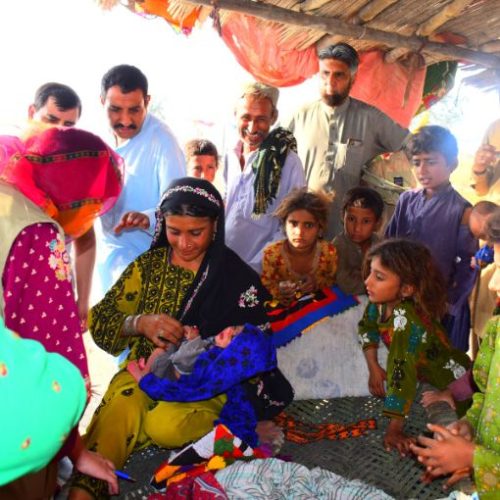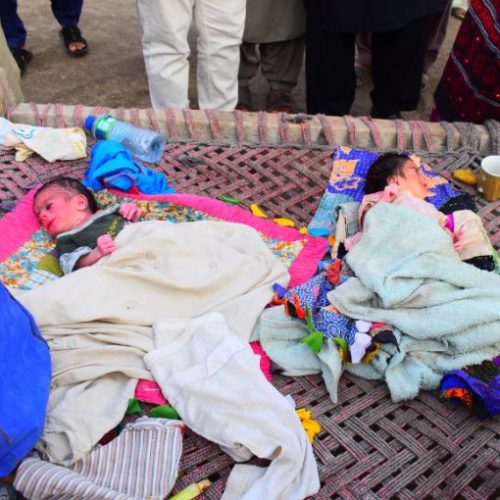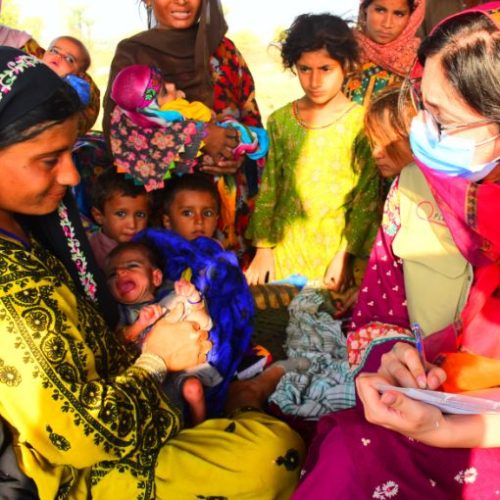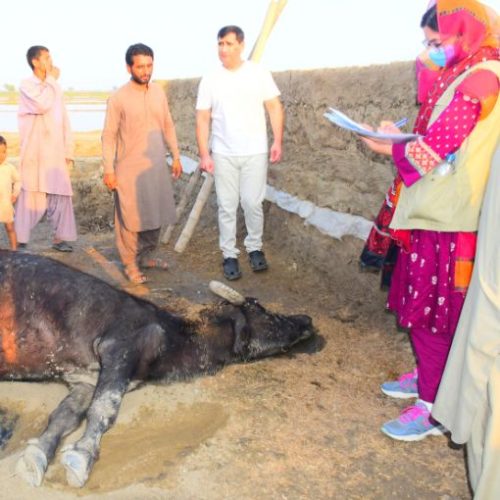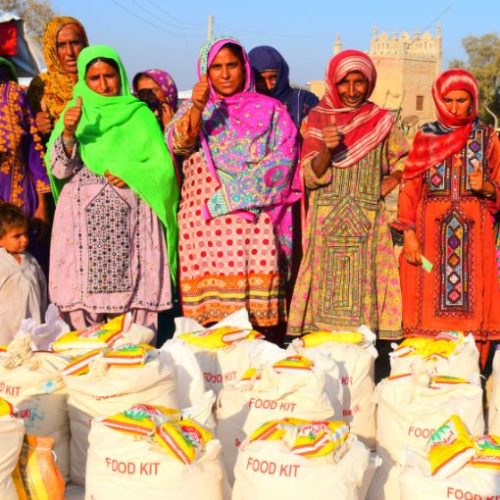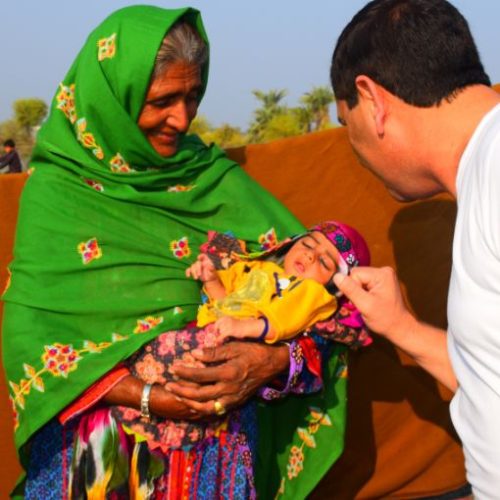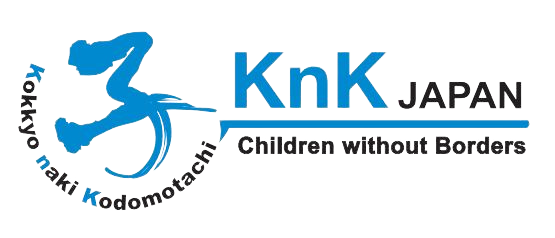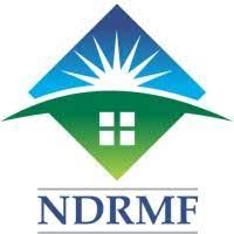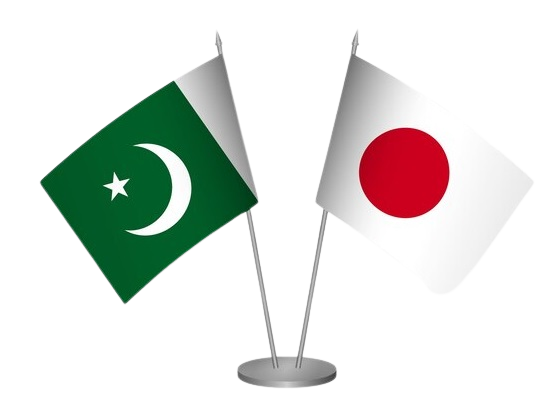Health and Nutrition
Nourishing Vulnerable Lives
As a part of the Flood Emergency Response Program in Sindh and Balochistan, nutritional supplements were provided to infants to address their nutritional needs during the flood emergency. Floods can disrupt the food supply chain and cause food shortages, especially for vulnerable populations such as infants.
The provision of nutritional supplements to infants was an important component of the Flood Emergency Response Program in Sindh and Balochistan. It helped ensure that the nutritional needs of infants were met during the flood emergency, reducing the risk of malnutrition and associated health problems.
In addition to the provision of nutritional supplements, the program also included other interventions aimed at addressing the nutritional needs of the flood-affected populations, such as the distribution of ration packs. Overall, the program aimed to address the urgent nutritional needs of the flood-affected populations, especially infants and young children, and contribute to their long-term recovery and resilience.
Food Insecurity in Pakistan: A Response from KnK Japan to the 2022 Flood Emergency
Ranked 99th among 121 countries on the Global Hunger Index, Pakistan faced heightened food insecurity during the 2022 flood emergency. Integrated Food Security Phase Classification (IPC) data highlighted the severity in provinces like Balochistan, Khyber Pakhtunkhwa, and Sindh, impacting nearly 37 million people.
Severe monsoon rains and flooding in late 2022, especially in Sindh and Balochistan, disrupted food production, consumption, and livelihoods, limiting employment opportunities. The aftermath resulted in ongoing challenges in accessing food due to the impact on prices and livelihoods. Between November 2023 and January 2024, an estimated 11.8 million people (32% of the analyzed population) are projected to experience high levels of acute food insecurity.
In response, KnK Japan, through its Flood Emergency Response 2022 program, assessed 610 households and provided crucial nutrition support in Sindh and Balochistan. This intervention aimed to address immediate needs and contribute to long-term community resilience.


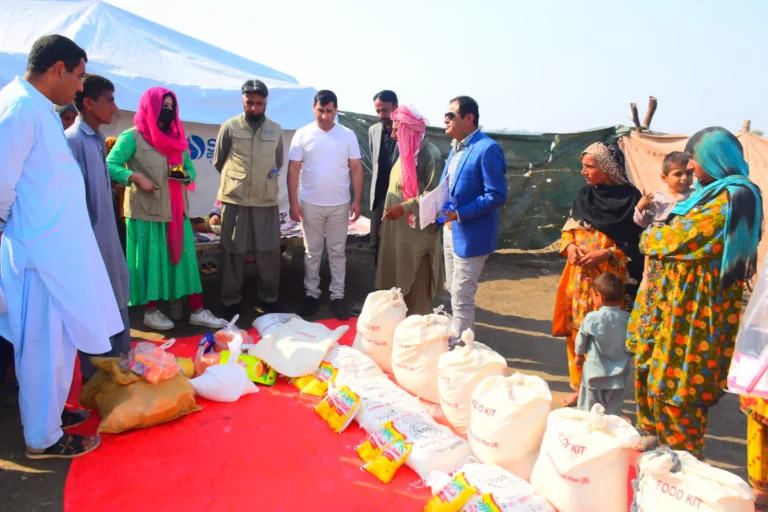
COVID-19

Covid-19 Support to Health Department & Hospitals
With the spiraling increase in number of confirmed cases at the peak of COVID-19 pandemic, the patients who required intensive care were increasing exponentially putting extra burden on already crippling and fragile health system in Pakistan. KnK Japan with the benevolent donation of people of Japan along with its Local partner, FWA worked determinedly to provide the requisite health equipment and personal protection gears for the medical and paramedical staff working in different Tertiary Health Care centers in Hazara Division i.e., District and Divisional Headquarter hospitals and Quarantine centers established by Government of Pakistan (GOP).
Supporting Education During The COVID-19 Outbreak
The COVID-19 pandemic highlighted global interconnectedness and the disparities in its impact, especially in education. Privileged students found alternatives to closed schools, while disadvantaged ones were left behind, exposing inequities in access to resources like online tools and supportive learning environments. The crisis forced a shift to remote learning, requiring adaptation by students and teachers, with marginalized groups facing the greatest challenges in keeping up.
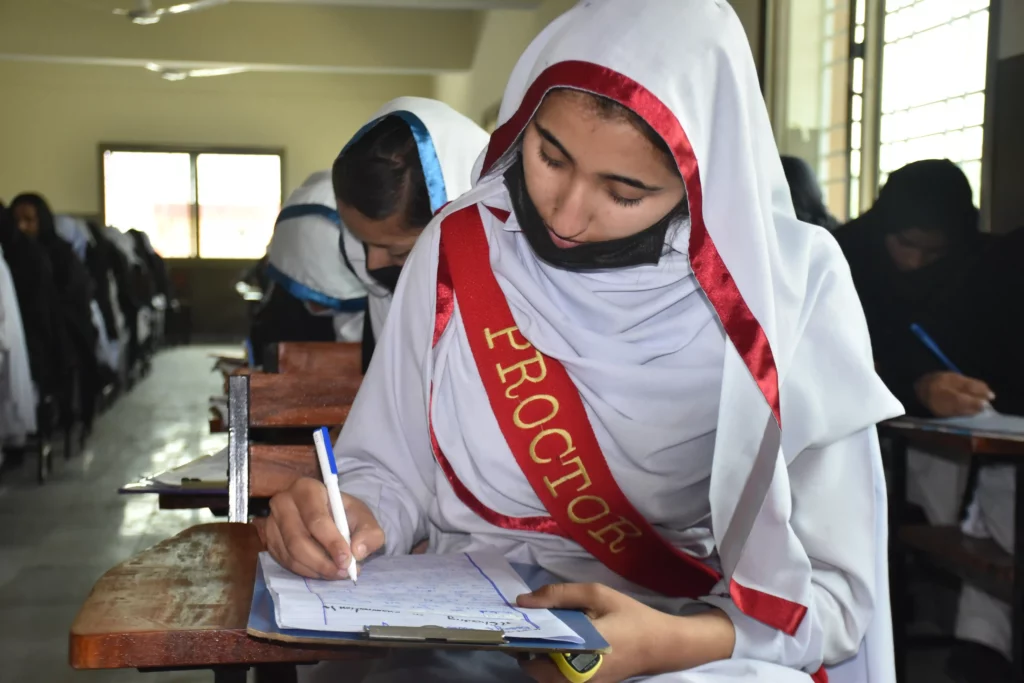

Covid-19 Support to Education Department
KnK Japan supported the resumption of education in compliance with government safety guidelines. We provided essential medical supplies and personal protective gear to healthcare facilities and workers. Distribution of hygiene materials and food packages to vulnerable communities affected by job loss and poverty during the hard time.
Achievements
KnK Japan has made significant contributions in response to the COVID-19 pandemic by providing health equipment and protective kits to various medical facilities in Pakistan. In the first batch of distribution on April 20, 2020, they delivered supplies to King Abdullah Teaching Hospital Mansehra and Ayub Medical Complex (AMC) Abbottabad. The second batch was handed over to the District Health Officer (DHO) Mansehra and AMC Abbottabad on May 21, 2020, in a ceremony attended by notable government officials including Deputy Commissioner Mansehra, Mr. Aurangzeb Haider, and Assistant Commissioner Mansehra, Ms. Talat Fahd. The third batch was given to AMC Abbottabad on June 20, 2020.





Impact of Medical Supplies in Rural Areas
KnK Japan has provided essential medical equipment and protective gear to District Health Offices, which in turn have supplied these resources to hospitals, quarantine centers, and Basic Health Units. This support has significantly improved the safety and confidence of doctors and paramedics treating COVID-19 patients. Additionally, health staff equipped with protection kits and quality masks are now more actively involved in identifying and safely transporting COVID-19 patients from rural areas to hospitals. Prior to this support, health workers faced concerns regarding their own safety due to a lack of protective gear while handling COVID-19 cases.

Covid -19 Support to Communities
KnK Japan concentrated on educating local communities about COVID-19 for their safety against the virus. Utilizing social media platforms, we spread awareness through a network of 1000 young volunteers. Additionally, KnK Japan provided food packages to at-risk groups including orphans, widows, and transgender individuals, collaborating with local partners to prevent hunger and malnutrition.
